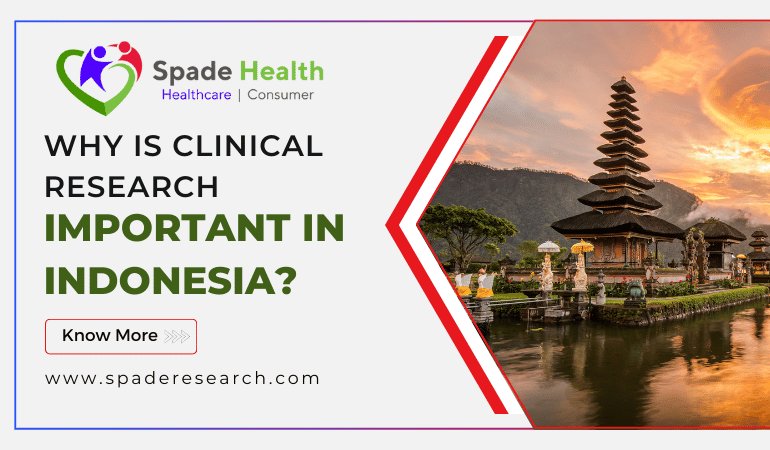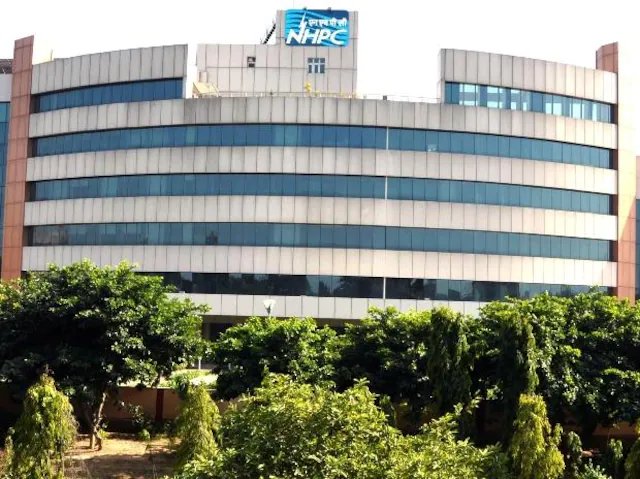Clinical Research Services in Indonesia
Clinical research in Indonesia is very critical because of the need for innovative healthcare solutions. Here are a few reasons that cover why clinical research is so important in Indonesia.

Why is Clinical Research Important in Indonesia?
Clinical research is conducted to understand the latest consumer needs and medical requirements to improve the quality of life all over the world. Indonesia has the fourth largest population of over 270 million people. Clinical research in Indonesia is very critical because of the need for innovative healthcare solutions. There are a wide range of healthcare challenges like non-communicable diseases, infectious ailments, and limited access to advanced medical care in rural areas that are faced by the people of Indonesia. With the utilization of healthcare research in Indonesia, these issues can be addressed and the healthcare system can be advanced accordingly.
Here are a few reasons that cover why clinical research is so important in Indonesia.
1.Addressing Health Challenges:
The population of Indonesia poses significant healthcare challenges. Both infectious diseases like malaria and tuberculosis and non-communicable diseases like cardiovascular diseases, diabetes, and cancer are on the rise in this country. With the help of clinical research services, numerous effective treatments, prevention strategies, and healthcare interventions can be identified to control these diseases. Several healthcare research companies in Indonesia help in finding new treatments, vaccines, and therapies tailored to the specific health challenge.
2.Create localized healthcare solutions:
Indonesia is located in a tropical region which makes it more susceptible to communicable diseases. The RWE studies in Indonesia allow researchers to develop vaccines, treatments, and public health interventions specifically designed as per the environment and population of the country.
3.Strengthening the healthcare system:
Behind every healthcare innovation, clinical research plays a vital role. When a clinical research firm in Indonesia conducts clinical trials and medical research locally, it assists in improving the healthcare infrastructure of the country. Utilizing this research, new treatments and technologies can be introduced to the country’s healthcare system. Additionally, local healthcare professionals, researchers, and institutions can be trained using this research to contribute to the growth of the medical field.
4.Attract global investment and collaboration.
Along with the medical advancement of the country, clinical research can also contribute to opening new opportunities for global investment and collaborations. Because of its large population and the diversity of its patient pool, many international pharmaceutical companies and research organizations are interested in conducting clinical trials in Southeast Asia including Indonesia. Hence, Indonesia is becoming a hub for clinical research, attracting funding and resources from various global organizations.
5.Improve access to new treatments and medications.
Because of active participation in clinical research, the citizens of Indonesia can access new treatments and medications earlier than in other parts of the world.
6.Addressing Non-Communicable Diseases:
Non-communicable diseases like diabetes, heart disease, and cancer are on the rise in Indonesia because of urbanization and economic growth. A significant portion of the country’s population experiencing these diseases. With the utilization of clinical research services, many effective treatments and preventive measures have been found for these conditions.
The future of Indonesia is in hands of clinical research. By addressing the country’s specific health challenges, encouraging innovation in healthcare delivery, and attracting global collaboration, clinical research has the potential to significantly improve health outcomes for millions of Indonesians.











